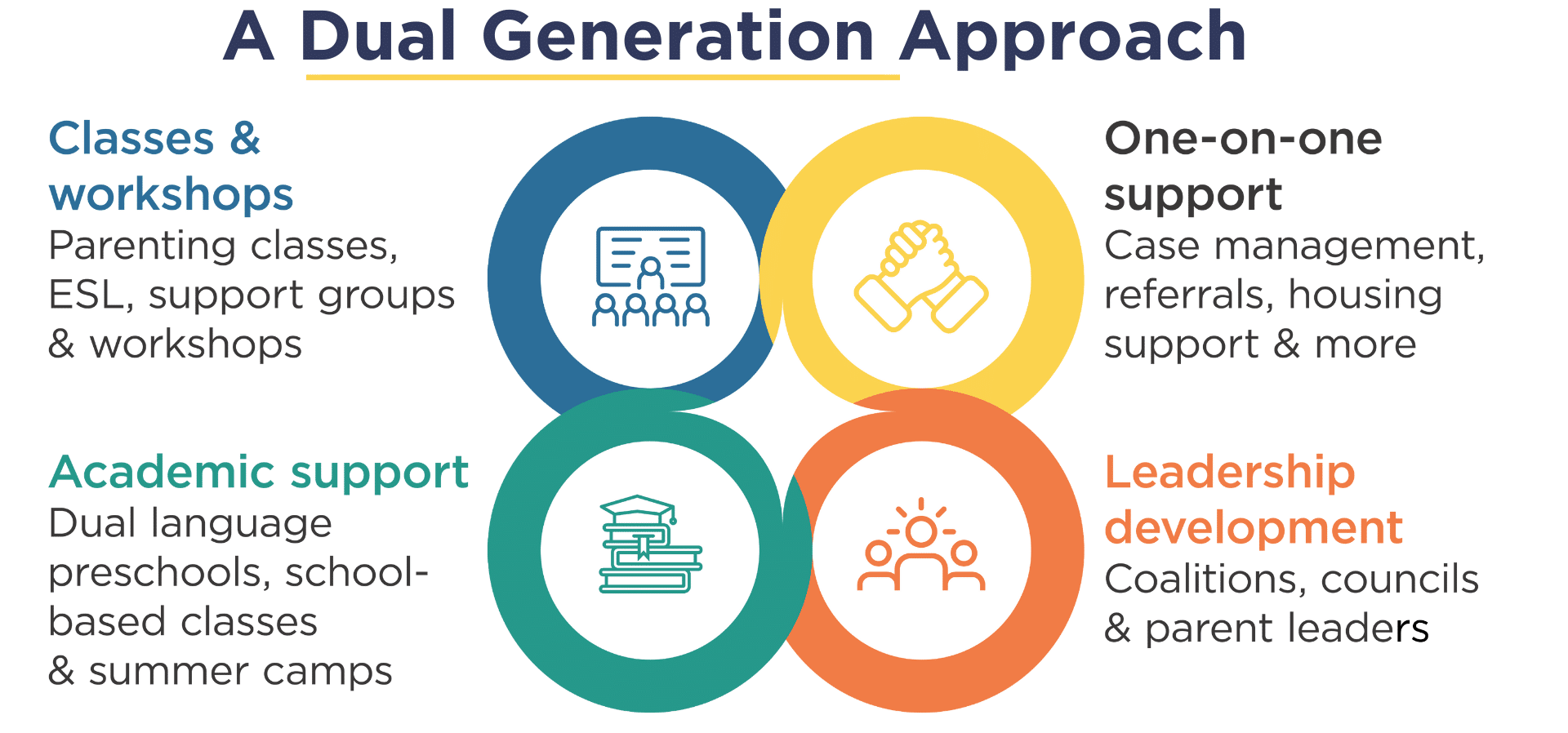
Good Samaritan believes all families and children deserve the opportunity to succeed.
We support vulnerable families in accessing needed services, developing self-sufficiency, and fully participating in the San Francisco community. Every day, we help low-income families gain the skills, support, and resources necessary to overcome the challenges of poverty and displacement, so we can work together to improve the world we share. When every family thrives, our entire community becomes stronger.
Our History
We provide skills, support, and resources to help overcome poverty and displacement, building a better future. Founded in 1894, Good Samaritan was part of the settlement house movement, inspired by leaders like Stanton Coit and Jane Addams.
Initially serving immigrants from Europe, we later focused on supporting those fleeing political and economic turmoil, including Latin American immigrants and Native Americans. After the 1989 Loma Prieta earthquake, we rebuilt our Family Resource Center, continuing to pioneer family support services.

A Dual Generation Approach
We use a two-generation approach to help both parents and children thrive, ensuring families succeed and create a brighter future. Our model is designed to end the cycle of poverty from one generation to the next. This holistic, multi-generation strategy strengthens families by simultaneously engaging with children and their caregivers. Our programs are built around the philosophy that strong families are key to children being happy, healthy and productive.

Diverse Partnerships => Outcomes that Last
We engage with a diverse community of stakeholders including nonprofit organizations, funders, clients, academics and our board of directors to design interventions that have a long-term, positive impact on families.
“Decades of research have demonstrated that the parent-child dyad and the environment of the family — which includes all primary caregivers — are at the foundation of children’s well-being and healthy development. From birth, children are learning and rely on parents and the other caregivers in their lives to protect and care for them.”
— National Academies of Sciences, Engineering, and Medicine

